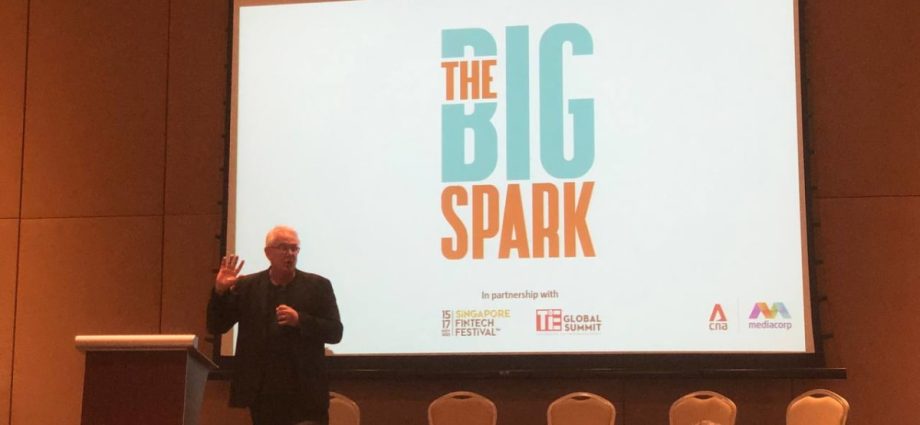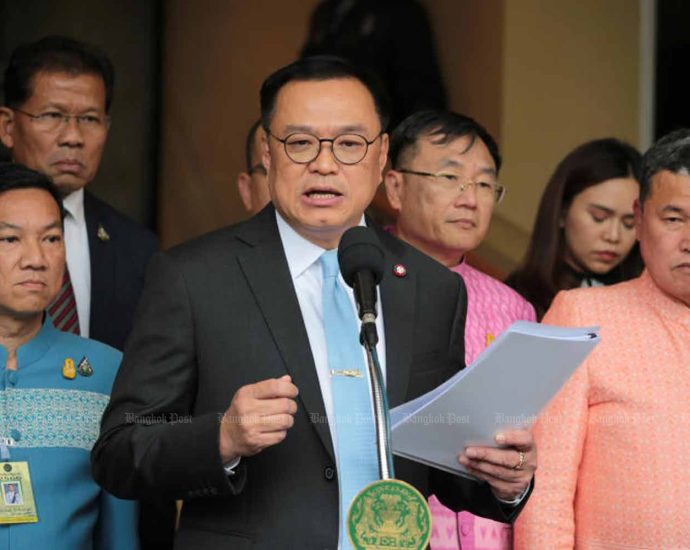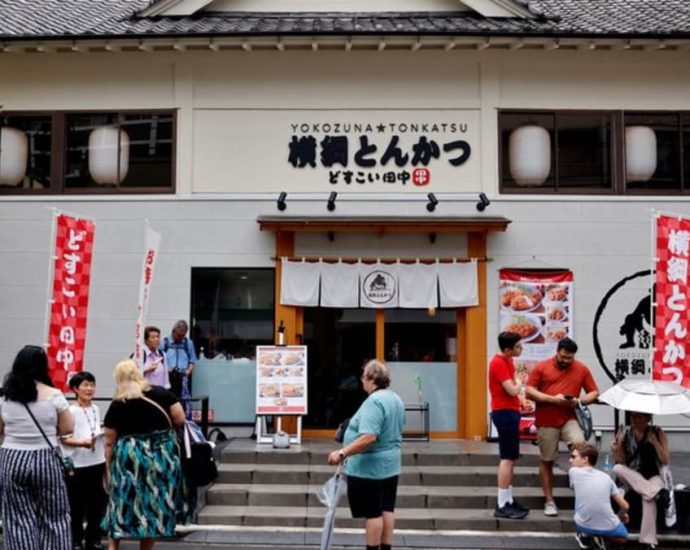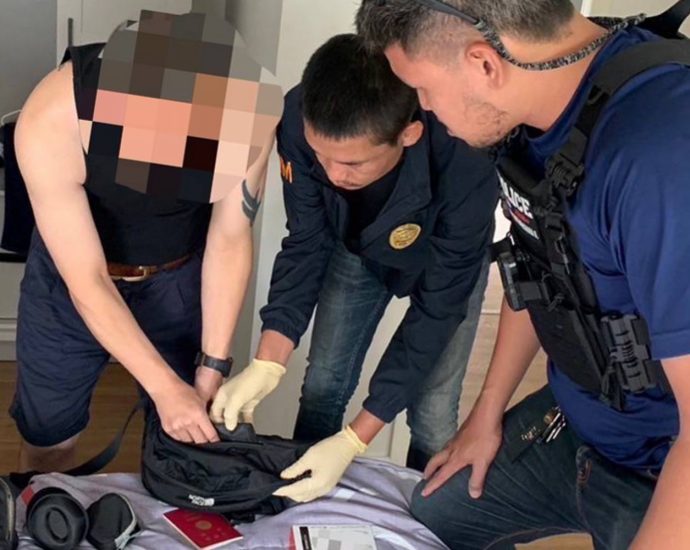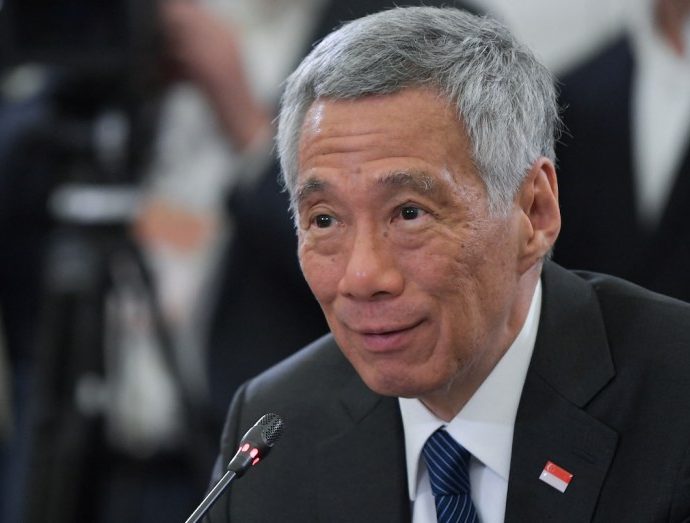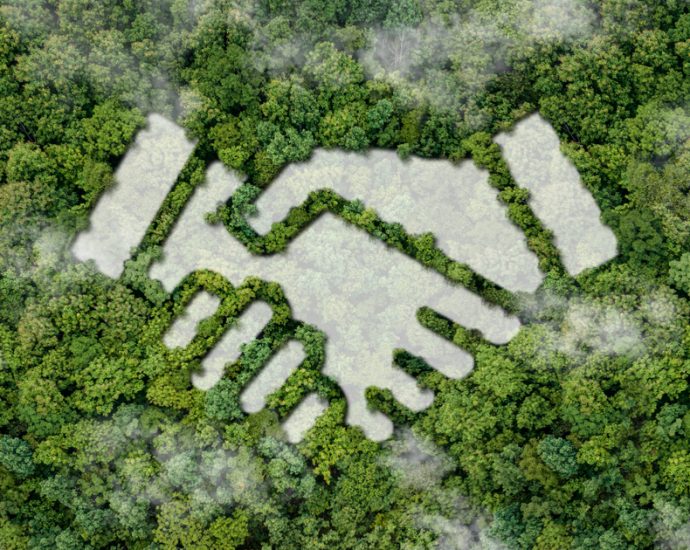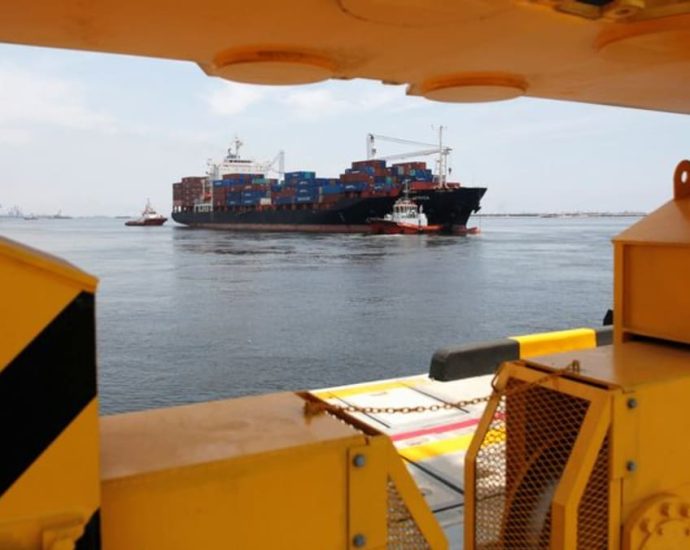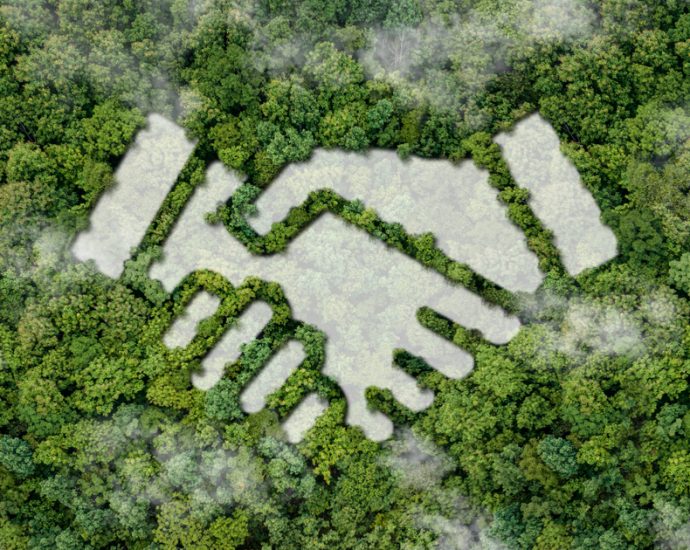Mediacorp launches The Big Spark to connect budding entrepreneurs across Southeast Asia with investors

Beyond the reality show, The Big Spark aims to be a platform to “cement Singapore’s position as a launchpad for innovation and entrepreneurship,” said Mediacorp.
“In its capacity as Singapore’s national media network, Mediacorp will lend its wide reach and multiple platforms to support the region’s start-up culture, connecting key players across the ecosystem to nurture promising enterprise.”
The company added that it hopes for The Big Spark to inspire the next generation of entrepreneurs across Singapore and Southeast Asia and give them the support they need to scale up their businesses and soar.
Mediacorp’s chief commercial and digital officer Parminder Singh said that innovators in Southeast Asia have “never stopped imagining the impossible” despite challenges in recent years.
“It is with this exciting prospect in mind that we conceived The Big Spark as a platform for them to connect with investors and raise the capital needed for their ideas to lift off,” said Mr Singh.
Executive producer and director of The Big Spark Jonathan Glazier said that he was delighted to be asked to develop the new business reality show with Mediacorp.
“The Big Spark is very much in the new breed of reality show. Rather than being about conflict and drama, it’s about supportive communities; a series for good, if you will,” he added.
“Unlike other business reality shows, we aim to reflect the reality of the entrepreneurial journey, to support and to inspire.”

